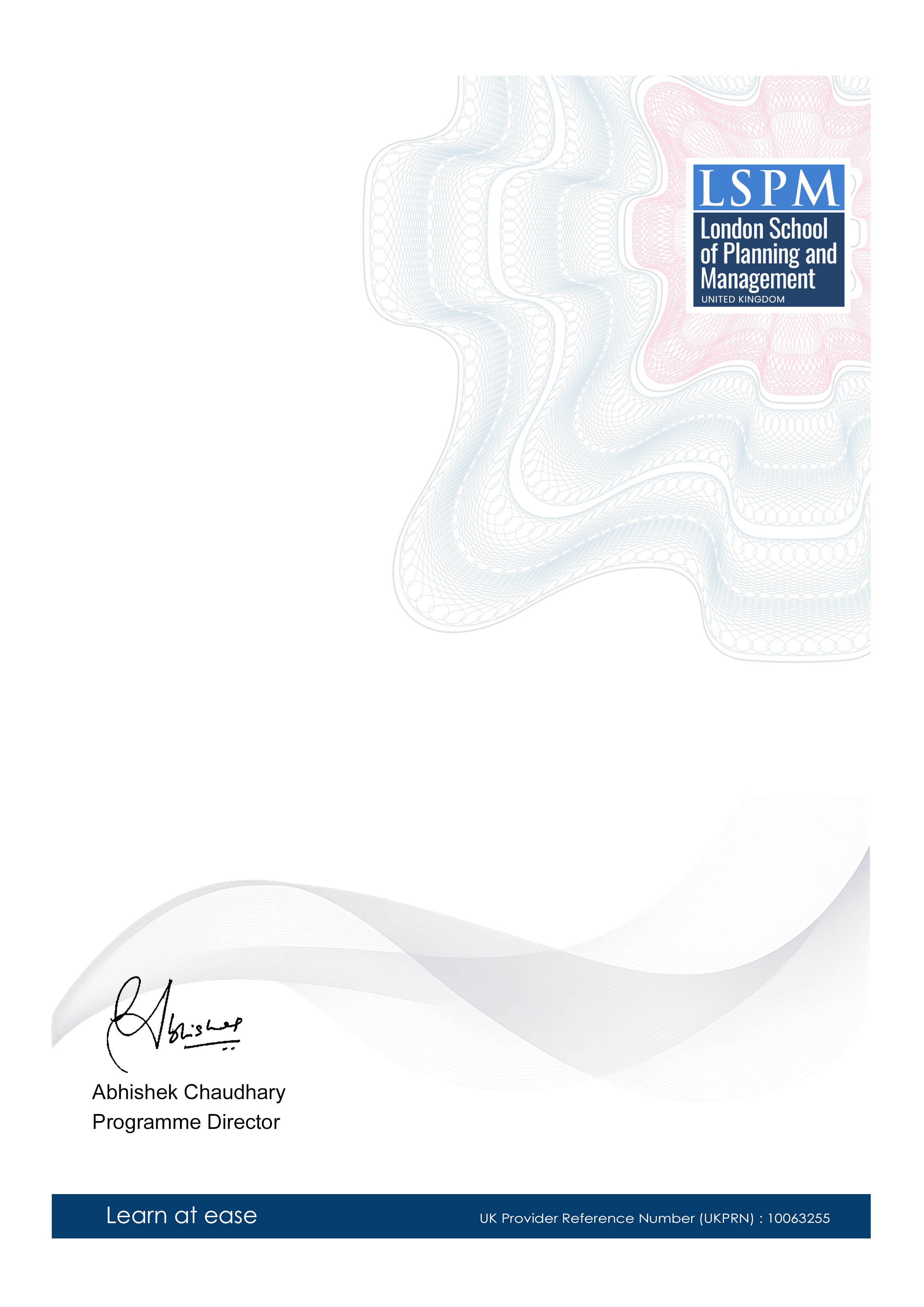Graduate Certificate in Risk Communication for Risk Assessment
-- viewing nowThe Graduate Certificate in Risk Communication for Risk Assessment is a vital course that bridges the gap between technical risk assessment and effective communication. With the increasing demand for professionals who can accurately communicate complex risk information, this certificate course is essential for career advancement in various industries, including healthcare, finance, and environmental science.
6,091+
Students enrolled
GBP £ 149
GBP £ 215
Save 44% with our special offer
About this course
100% online
Learn from anywhere
Shareable certificate
Add to your LinkedIn profile
2 months to complete
at 2-3 hours a week
Start anytime
No waiting period
Course details
Here are the essential units for a Graduate Certificate in Risk Communication for Risk Assessment:
• Introduction to Risk Communication: This unit introduces the concept of risk communication, its importance, and the role of effective communication in risk assessment and management. It covers the fundamental principles, theories, and best practices in risk communication.
• Understanding Risk: This unit covers the basic concepts and methods of risk assessment, including quantitative and qualitative techniques. It explores the different types of risks, their sources, and their potential impacts on individuals, communities, and organizations.
• Communicating Risk: This unit examines the challenges and opportunities of communicating risk to various audiences, including the public, policymakers, and the media. It covers the use of effective messages, channels, and strategies for risk communication, as well as the ethical considerations and cultural competence required in risk communication.
• Crisis Communication: This unit focuses on the unique challenges of communicating risk during crises, emergencies, and disasters. It covers the principles and practices of crisis communication planning, preparation, response, and recovery, as well as the role of social media and other new technologies in crisis communication.
• Stakeholder Engagement: This unit explores the importance of engaging stakeholders in risk communication and management. It covers the methods and techniques for identifying, analyzing, and engaging stakeholders, as well as the challenges and opportunities of stakeholder involvement in risk communication.
• Evaluating Risk Communication: This unit examines the methods and criteria for evaluating the effectiveness and impact of risk communication strategies, programs, and campaigns. It covers the use of qualitative and quantitative evaluation techniques, as well as the role of feedback and continuous improvement in risk communication.
• Special Topics in Risk Communication: This unit covers emerging issues and trends in risk communication, such as
Career path
Entry requirements
- Basic understanding of the subject matter
- Proficiency in English language
- Computer and internet access
- Basic computer skills
- Dedication to complete the course
No prior formal qualifications required. Course designed for accessibility.
Course status
This course provides practical knowledge and skills for professional development. It is:
- Not accredited by a recognized body
- Not regulated by an authorized institution
- Complementary to formal qualifications
You'll receive a certificate of completion upon successfully finishing the course.
Why people choose us for their career
Loading reviews...
Frequently Asked Questions
Course fee
- 3-4 hours per week
- Early certificate delivery
- Open enrollment - start anytime
- 2-3 hours per week
- Regular certificate delivery
- Open enrollment - start anytime
- Full course access
- Digital certificate
- Course materials
Get course information
Earn a career certificate

